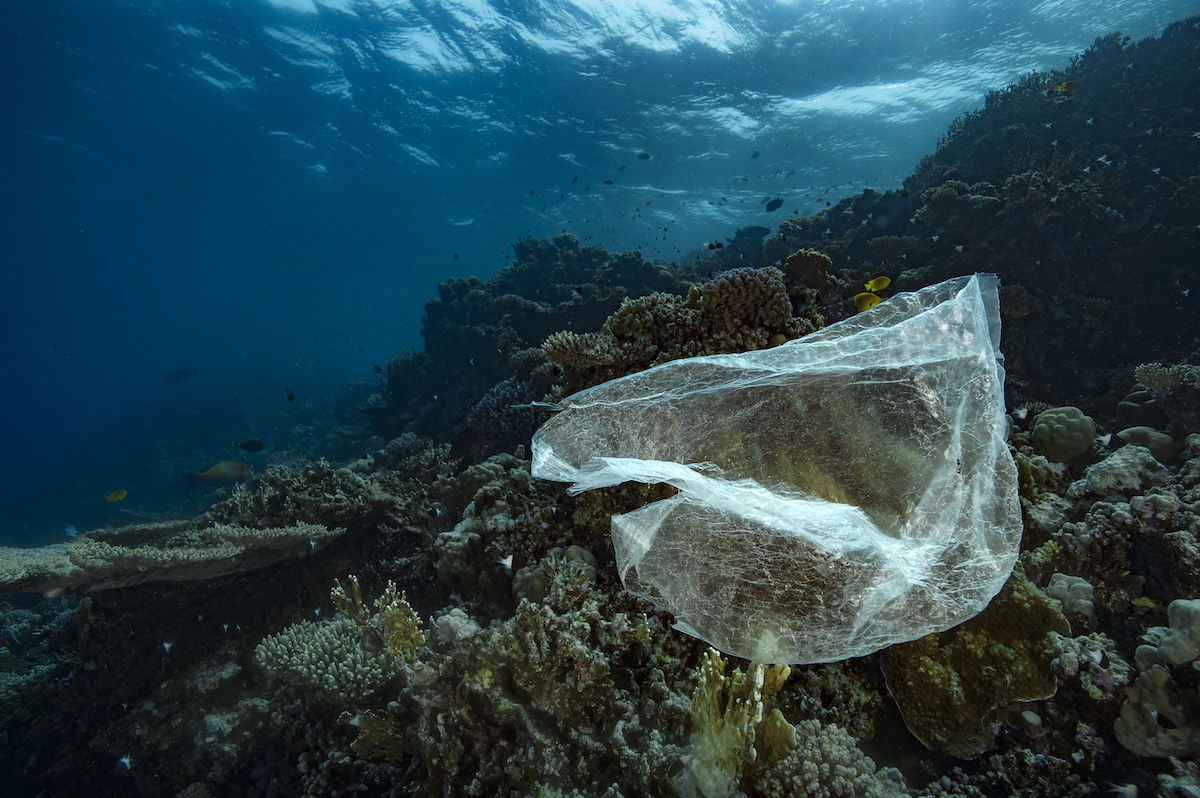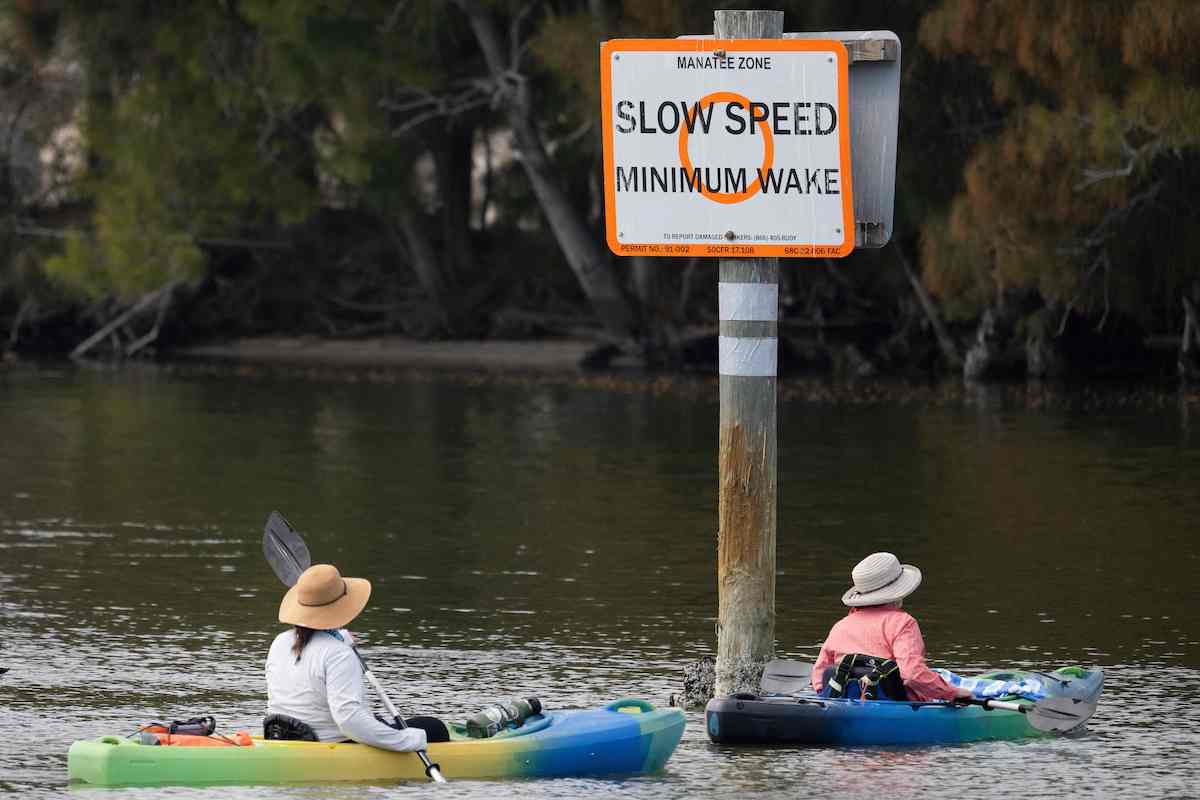Are you a responsible adventurer?
If you love getting out for a saltwater paddle, dive, or swim, taking steps to help protect the world’s oceans for future generations to enjoy should be part of your planning.
The actions you take on your outdoor adventures (even those that don’t directly involve the ocean) can positively or negatively impact marine ecosystems and marine life.
Assuming you care about the ocean, here are five things to stop doing right now on your outdoor adventures.

- Using disposable plastics
The ocean is turning into plastic soup, and every time we choose single-use plastic over a reusable option, we’re part of the problem. Instead of using disposable plastic plates and silverware while you’re camping, for instance, you can cut down on dishes by choosing compostable options instead.
Plastic bags are particularly dangerous for marine life like turtles, which often mistake plastic bags floating underwater for sea jellies—a favorite food item. When packing for an outdoor adventure (and in everyday life) consider using cloth bags instead of plastic.
- Leaving trash behind
The age-old saying leave it better than you found it applies 100% while spending time outdoors. Even if it’s miles away from a coast, trash can still find its way into the ocean via a stream or river. Garbage of all types is a hazard for wildlife–both marine and terrestrial–and it’s best to keep it in a designated container.
- Wearing chemical sunscreen
The chemicals in many sunscreens can damage delicate marine ecosystems like coral reefs. If you plan to enter a body of water, even if it’s not the ocean, consider a mineral-based sunscreen alternative. Mineral sunscreens can protect your skin without leaking harmful chemicals into the environment.

- Driving boats recklessly
Whether you’re boating through seagrass meadows where manatees live, over fragile coral reefs, or through whales’ migration paths, vessel strikes are a sad consequence of humans sharing waterways with their original tenants. Follow posted speed zone signs, wear polarized sunglasses so you can see what’s going on beneath you, and keep your distance from wildlife.
- Touching and getting too close to marine life
When snorkeling, tidepooling, or observing hauled-out marine mammals on the beach, it’s important to give animals space. While there’s no inherent harm in wanting to share your outdoor adventures with friends and family, some visitors go too far for a selfie. When you’re in the ocean, you’re in their world, after all.
What other tips would you add to this list? Share below in the comments.
The post So You Care About the Ocean? Stop Doing These 5 Things on Your Outdoor Adventures appeared first on Outdoors with Bear Grylls.
